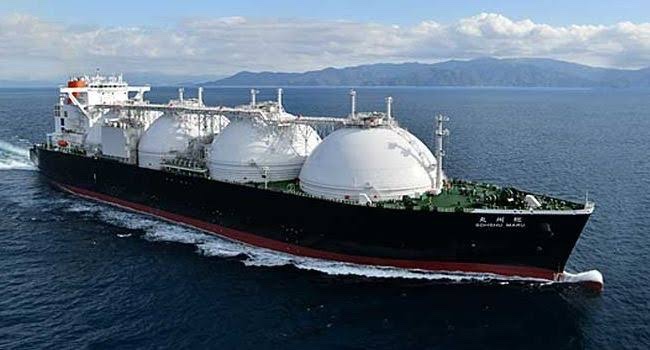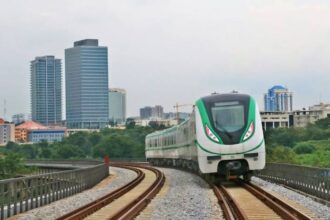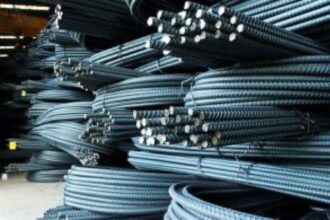
Seven vessels carrying imported Premium Motor Spirit (PMS), commonly known as petrol, are expected to arrive at Nigerian seaports between Monday, March 17, and Sunday, March 23, according to reports from. Saturday PUNCH.
A document from the Nigerian Ports Authority (NPA) indicates that these vessels will deliver 115,000 metric tonnes—equivalent to 154.22 million litres—of petrol through three seaports to bolster fuel supply across the country. This development follows a PUNCH report revealing that the landing cost of imported petrol had dropped to N797 per litre.
It also coincides with Dangote Petroleum Refinery’s suspension of naira-based petroleum product sales due to stalled negotiations on the naira-for-crude deal with the Nigerian National Petroleum Company Limited (NNPC). Domestic crude refiners argue that halting naira-based crude supply is an attempt to undermine the Dangote refinery and reintroduce full-scale importation of refined petroleum products.
The National Publicity Secretary of the Crude Oil Refinery-Owners Association of Nigeria, Eche Idoko, stated that suspending the deal contradicts ongoing efforts to achieve national energy security. He alleged that some stakeholders opposed Dangote Refinery’s continued petrol price reductions and were using monopolistic strategies to justify the return of large-scale imports.
Despite increasing local refining capacity, fuel importation remains prevalent. The Nigerian Midstream and Downstream Petroleum Regulatory Authority recently noted that the country’s three operational refineries contribute less than 50% of daily petrol consumption, with imports making up the shortfall.
Breakdown of Incoming Petrol Shipments
The NPA document shows that these fuel shipments will land at Lagos’ Tin Can Port, Lekki Deep Seaport, and Cross River’s Calabar Port. Meanwhile, the Dangote Refinery has also imported 654,766 metric tonnes of crude oil within the same period. – March 17: A vessel carrying 20,000 metric tonnes of PMS docked at the Dangote terminal at 4:03 p.m. Two other vessels carrying 20,000 metric tonnes each arrived at Tin Can and Calabar ports the same day. – March 20: A 20,000 metric-tonne Watson vessel arrived at the Ecomarine terminal at 3:18 p.m., managed by Kach Maritime. – March 21: The Binta Saleh vessel was scheduled to dock at Tin Can Port, Lagos, carrying 5,000 metric tonnes of petrol at midnight. – March 22: At 11:06 a.m., another vessel carrying 15,000 metric tonnes of fuel is expected at Calabar Port under Peak Shipping. – March 23: A final vessel carrying 15,000 metric tonnes of fuel will arrive at the Ecomarine terminal in Calabar at 5:10 p.m.
With 1,341 litres per metric tonne, this translates to approximately 154.22 million litres of petrol being imported.
Rising Depot Prices Despite Increased Imports
Despite the influx of fuel, depot owners have continued raising loading costs for petrol and other refined products. Data from Thursday shows that: – Rainoil Depot increased its price from N835 to N860 per litre- MEN Depot raised its price to N860 per litre, despite not selling the previous day – Pinnacle Depot moved from N835 to N860 per litre- Aiteo and Nipco Depots increased prices to N856 and N860 per litre, respectively, from N835The surge in petrol importation and depot price hikes comes as Nigeria grapples with the naira-for-crude crisis, raising concerns over the country’s fuel supply stability.
Source : https://punchng.com/








